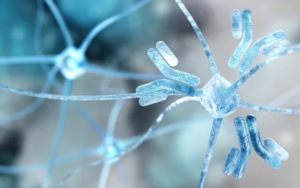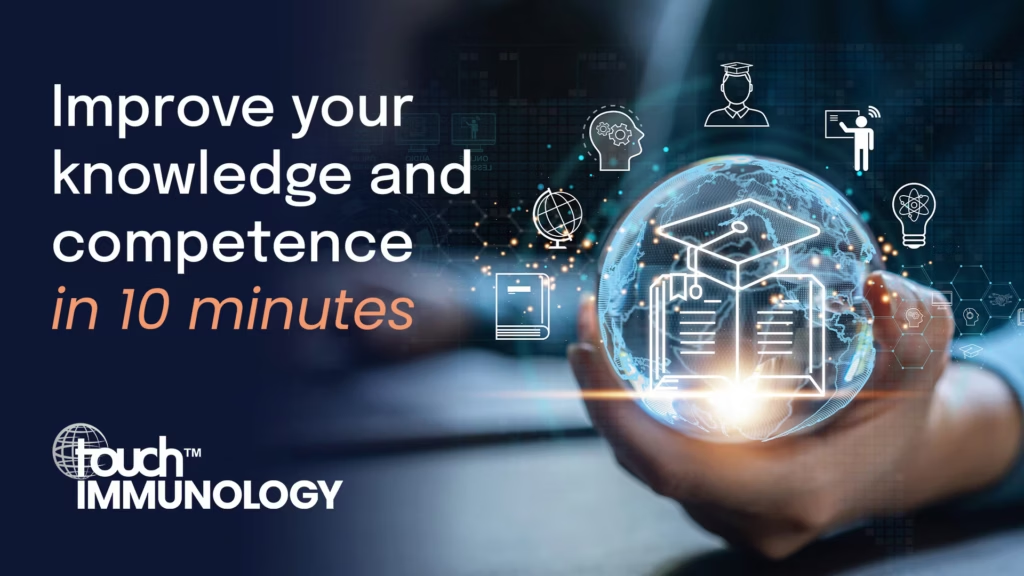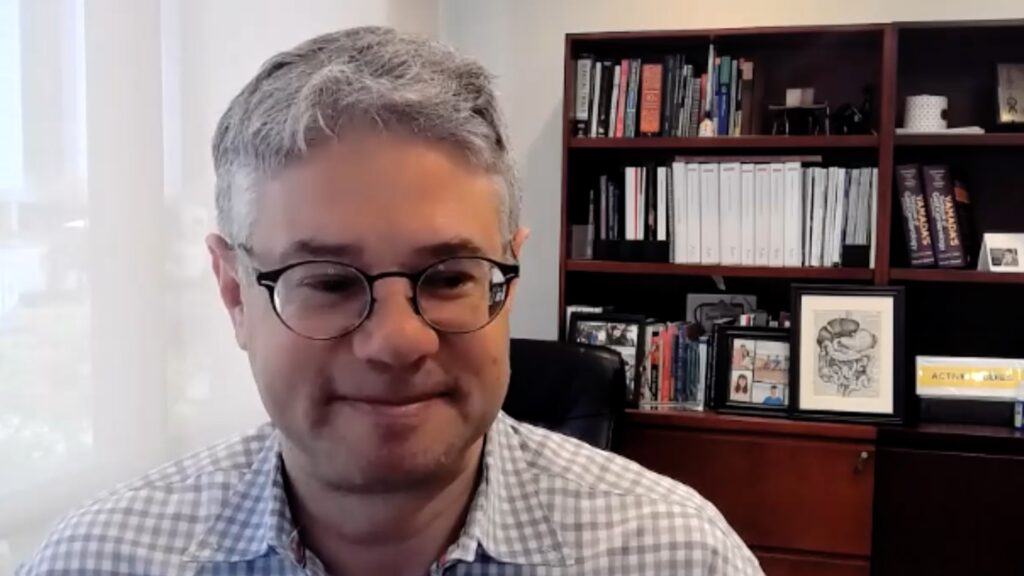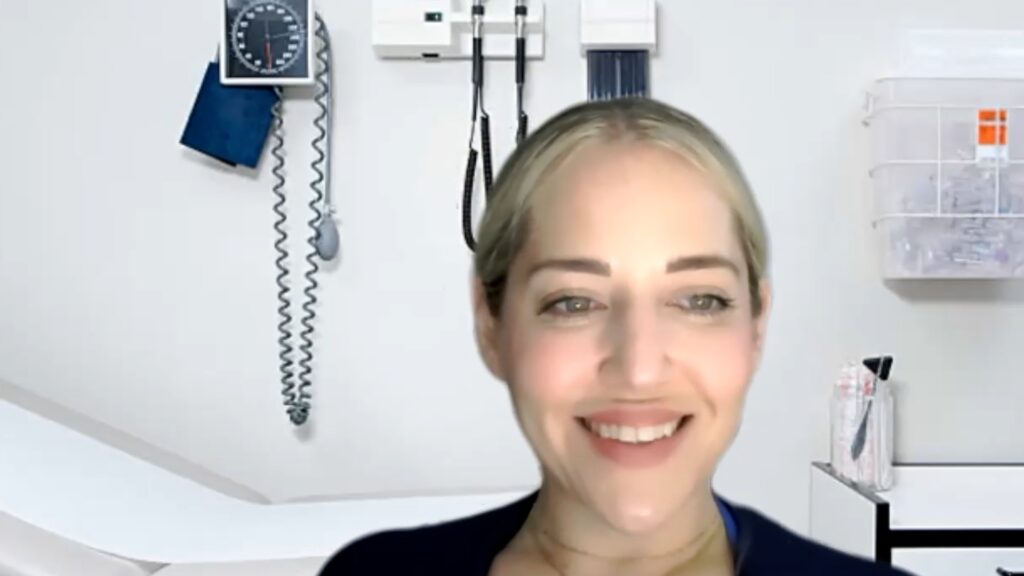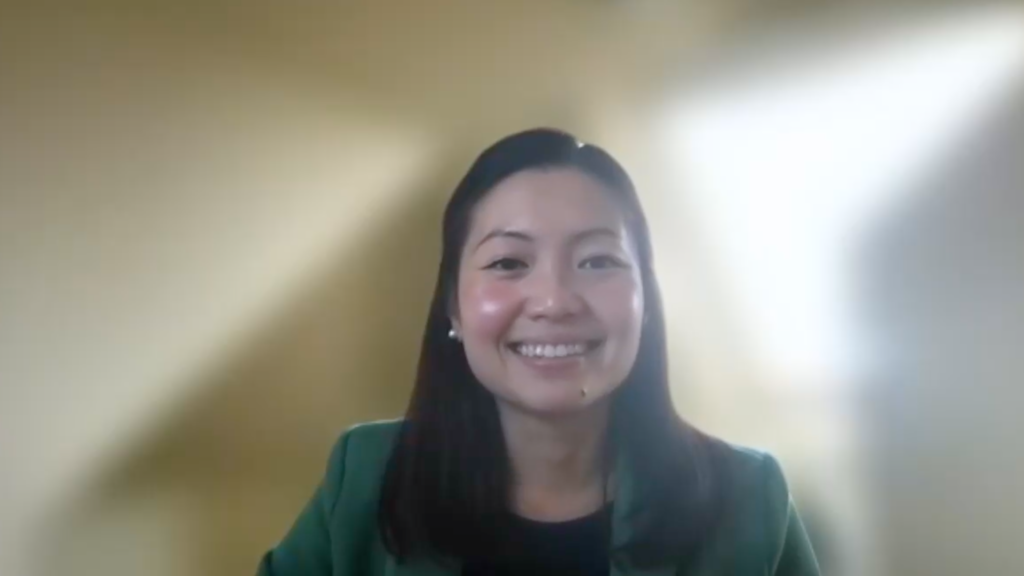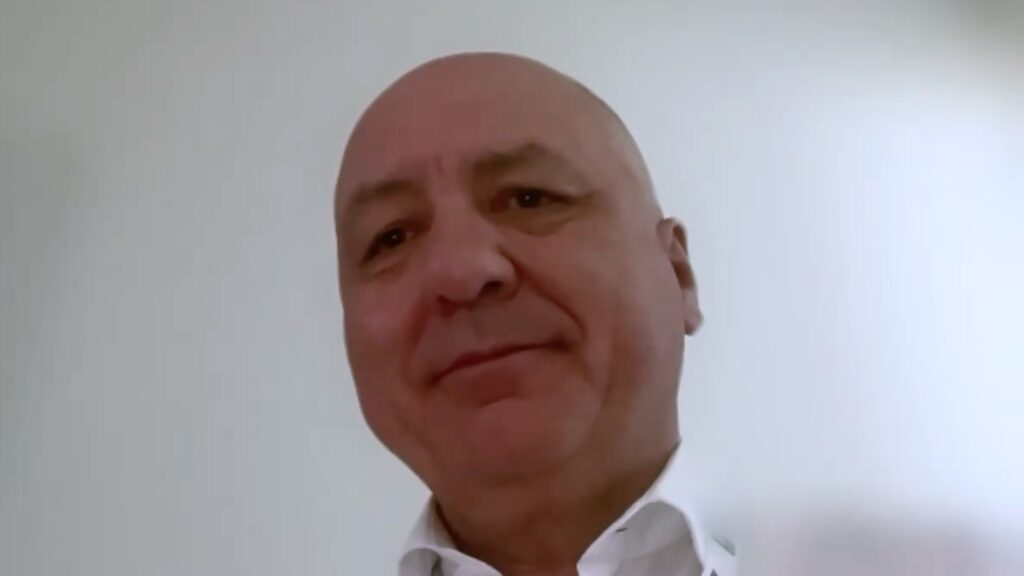 Dr Bram Verstockt, MD, PhD, is a leading clinician-scientist at University Hospitals Leuven and KU Leuven, whose work is rapidly shaping the future of inflammatory bowel disease (IBD) care. Dr Verstockt’s journey into gastroenterology was driven by a natural curiosity and an early exposure to the pioneering IBD unit in Leuven. Under the mentorship of leading experts, such as Professors Paul Rutgeerts, Séverine Vermeire and Marc Ferrante, he developed a deep commitment to patient-centred research and innovation in IBD management. Dr Verstockt’s research interests span noninvasive monitoring with intestinal ultrasound, fatigue, IBD disease heterogeneity, intestinal organoids and precision medicine in IBD. He is actively involved in several international societies, including ECCO (guideline committee and former Y-ECCO chair), IBUS (chair of the scientific committee), the Belgian IBD Research Group (member of the scientific committee), vice president of the European Microscopic Colitis Group and serves as chair of the Belgian IBD Biobank (BIO-BIRD). In 2025, he was awarded the Young Investigator award by ECCO and the Rising Star award by UEG.
Dr Bram Verstockt, MD, PhD, is a leading clinician-scientist at University Hospitals Leuven and KU Leuven, whose work is rapidly shaping the future of inflammatory bowel disease (IBD) care. Dr Verstockt’s journey into gastroenterology was driven by a natural curiosity and an early exposure to the pioneering IBD unit in Leuven. Under the mentorship of leading experts, such as Professors Paul Rutgeerts, Séverine Vermeire and Marc Ferrante, he developed a deep commitment to patient-centred research and innovation in IBD management. Dr Verstockt’s research interests span noninvasive monitoring with intestinal ultrasound, fatigue, IBD disease heterogeneity, intestinal organoids and precision medicine in IBD. He is actively involved in several international societies, including ECCO (guideline committee and former Y-ECCO chair), IBUS (chair of the scientific committee), the Belgian IBD Research Group (member of the scientific committee), vice president of the European Microscopic Colitis Group and serves as chair of the Belgian IBD Biobank (BIO-BIRD). In 2025, he was awarded the Young Investigator award by ECCO and the Rising Star award by UEG.
In this interview, Dr Verstockt reflects on his career path, the potential of precision medicine, and the expanding role of noninvasive tools like intestinal ultrasound, while highlighting key gaps in IBD care, especially for underserved patient phenotypes. Driven by collaboration and translational science, his work aims to bring real-world improvements to patient outcomes, from identifying biomarkers to reshaping Crohn’s disease guidelines for earlier, more targeted, and less invasive treatment.
For me it all came naturally. When I was in the last year of medical school, I did a 3-week rotation at the IBD unit in Leuven, which at that time was led by Professor Paul Rutgeerts. IBD already got my attention because of its chronic nature, and thus the connection you build up with patients. In addition, GI by itself combines the hands-on endoscopy skills with internal medicine aspects. I started my residency in internal medicine almost immediately in the GI department, and from that very first moment I knew that’s what I wanted my career to look like and it’s never changed since.
Then in the first year of residency, I had a lecture by Professor Séverine Vermeire, who later became my mentor for the rest of my professional life, and after that 1-hour lecture, I was completely convinced and intrigued about IBD. I walked up to her after the lecture and asked to start a PhD. The rest is history. So it all came very naturally and, let’s say, I followed my “gut feeling”.
Precision medicine is a hope we all have, but I think what we all still struggle with is the translation from the wet lab to the clinic. We have some truly promising markers, but if you look back over the past 10-15 years in IBD, none (or hardly any) of them have really made it into the clinic yet. So, what we are currently doing is embracing the most novel technologies and collaborating across the globe to increase power and to increase sample size. With the advancement of technology, we’re actually making precision medicine happen and this is what needs to be done to truly move the needle. Then we can really have a message of hope for our patients – that we can make this happen together.
I’m a strong believer in the value of intestinal ultrasound, which is one of the key, noninvasive tools these days. A lot of what we are doing – clinically and from a research perspective – is making use of the advantages of ultrasound as a point-of-care strategy in IBD. Beyond ultrasound, there are also other technological advancements where we as a group strongly believe in: the value of telemonitoring, the value presumably of ingestible sensors, the value of wearables, … . Hence, the future management and the monitoring of IBD can and should become less invasive than it is now, because for patients undergoing repetitive endoscopies, it’s really a burden.
There are many gaps that I observe in many of our patients on a daily basis. As a clinician-scientist, we try to translate these observations into relevant research questions in the lab. Firstly, as we already discussed, precision medicine with the identification of prognostic and predictive biomarkers is a must. Linked to that, we also need a better understanding of IBD pathogenesis and its complexity, because it’s not just one entity, it’s a spectrum of diseases. A lot of the research I’m doing, in collaboration with many colleagues, is trying to understand what makes one patient with Crohn’s disease unique to another, whether we can understand these differences in biology, and whether that can help us to tailor treatment.
The second gap is that there are many specific phenotypes in IBD, for which we don’t always have the right therapies, especially for patients with debilitating perianal Crohn’s disease or with stricturing Crohn’s disease. So that’s linked to the first aspect, trying to understand the biology of these unique phenotypes so that we can identify the right targets to be taken forward for medical interventions and then ultimately improve patient care. And this is where intestinal organoids, with complex gut-on-a-chip models can contribute a lot.
The third aspect is the fatigue many patients with IBD are facing. I’ve been surrounded by fantastic colleagues who have expertise in various different domains, and what we try to do in an interdisciplinary way is to unravel what contributes to IBD-related fatigue. We’re trying to unravel the gut-brain axis and to translate these findings to the clinic to improve fatigue for patients.
From my own lab perspective and linked to what I see in the clinic, these are the key things I really want to focus on in the next 5 years.
With the newest ECCO Crohn’s guidelines, what we’ve been trying to do is move the needle forward. We’ve had so much overwhelming evidence for decades that the earlier we start with advanced therapy in the vast majority of patients with Crohn’s disease, the higher the impact can be. I think that one of the key themes in the current guideline is that we should not cycle too long from steroids to conventional therapies, but that we should hit hard and very early on after diagnosis in the vast majority of our current patients with Crohn’s disease. That is where we, as a field, can make the biggest impact for patients in the short term, which will eventually also pay off in the long term too.
More content in inflammatory bowel disease.
Cite: Bram Verstockt. Transforming IBD Care with Precision Medicine: An Exclusive Interview with Future Leader Dr Bram Verstockt. touchIMMUNOLOGY. 8 August 2025.
Editor: Victoria Smith, Senior Content Editor.
Disclosures: This short article was prepared by touchIMMUNOLOGY in collaboration with Bram Verstockt. touchIMMUNOLOGY utilize AI as an editorial tool (ChatGPT (GPT-4o) [Large language model]. https://chat.openai.com/chat.) The content was developed and edited by human editors. No fees or funding were associated with its publication.
Bram Verstockt discloses receiving grant/research support from AbbVie, Biora Therapeutics, Celltrion, Landos, Pfizer, Sanofi, Sossei Heptares/Nxera and Takeda; serving on advisory boards for Abbvie, Alfasigma, Alimentiv, Anaptys Bio, Applied Strategic, Astrazeneca, Atheneum, BenevolentAI, Biora Therapeutics, Boxer Capital, Bristol Myers Squibb, Domain Therapeutics, Eli Lily, Galapagos, Guidepont, Landos, Merck, Mirador Therapeutics, Mylan, Nxera, Inotrem, Ipsos, Johnson and Johnson, Pfizer, Sandoz, Sanofi, Santa Ana Bio, Sapphire Therapeutics, Sosei Heptares, Takeda, Tillots Pharma and Viatris; participating in speaker’s bureaus with Abbvie, Agomab, Alfasigma, Biogen, Bristol Myers Squibb, Celltrion, Eli Lily, Falk, Ferring, Galapagos, Johnson and Johnson, Pfizer, Sandoz, Takeda, Tillots Pharma, Truvion and Viatris; and having stock options for Vagustim and Thethis Pharma.
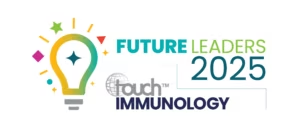
touchIMMUNOLOGY is celebrating the brightest rising stars in the immunology community, who are set to shape the future of the field.
View more Future Leaders interviews here.
Related content
- What’s New in the 2025 ACG Crohn’s Disease Guidelines: Personalized Care and Advanced Therapies
- The STENOVA Trial, a First-in-Class, First-in-Indication Study of AGMB-129 in Fibrostenotic Crohn’s Disease: Florian Rieder, DDW 2025
- Advancing Clinical Care and Research in Paediatric Gastroenterology: An Interview with Future Leader, Dr Salvatore Oliva
SIGN UP to TouchIMMUNOLOGY!
Join our global community today for access to thousands of peer-reviewed articles, expert insights, and learn-on-the-go education across 150+ specialties, plus concise email updates and newsletters so you never miss out.

